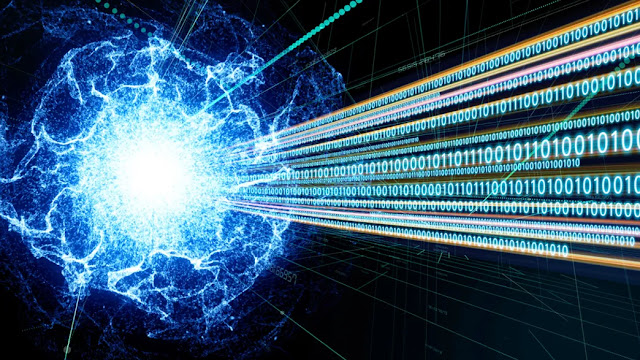We don’t often come across research that attempts to alter the laws of reality.
But in a preprint published on arXiv this summer, Vitaly Vanchurin, a physics professor at the University of Minnesota Duluth, made the startling claim that humans live inside a massive neural network that controls everything around us.
Put differently, he said in the article that there’s a “possibility that the entire cosmos on its most fundamental level is a neural network.”
For years, physicists have been trying to bring general relativity and quantum physics together. Whereas the second maintains that time is relative and woven into the structure of space-time, the first maintains that time is universal and absolute.
We contacted several physicists and machine learning specialists, but most of them declined to comment on the record because they didn’t trust the paper’s findings. Vanchurin, however, went into greater detail about his concept and the argument in a Q&A with Futurism.
Futurism: According to your paper, the universe could be essentially a neural network. Should someone be unfamiliar with physics or neural networks, how would you defend your position?
Vitaly Vanchurin Your question can be addressed in two ways.
The first method is, to begin with a comprehensive neural network model and then look at the behavior of the network with a large number of neurons. I have demonstrated that the behavior of a system close to equilibrium is accurately described by the equations of quantum mechanics, whereas the behavior of a system farther from equilibrium is accurately described by the equations of classical mechanics. Just a coincidence? Perhaps, but as far as we can tell, both quantum and classical mechanics accurately describe how the physical world functions.
Starting with physics is the second choice. We know that general relativity functions well on large scales and quantum mechanics functions well on small ones, but we haven’t yet figured out how to integrate the two theories into a logical whole. We call this the problem of quantum gravity. It is obvious that a significant component is missing, but to exacerbate the situation, we have no notion of how to handle observers. This is called the measurement problem in quantum physics and the measure problem in cosmology.
Then, it may be argued that rather than two phenomena, it is necessary to unify observers, general relativity, and quantum mechanics. Quantum mechanics is the main one, and 99 percent of physicists believe that all else should flow from it in some way. However, nobody knows how this may be accomplished. In this paper, I suggest an alternative explanation: that everything else, including macroscopic observers, general relativity, and quantum mechanics, is derived from a microscopic neural network. Everything seems to be going smoothly so far.
Initially, my goal was to gain additional knowledge on deep learning, thus I composed a paper titled “Towards a Theory of Machine Learning.” The initial idea was to analyze neural network behavior using statistical mechanics, but it soon became clear that, in certain cases, the learning (or training) dynamics of neural networks closely resemble quantum dynamics observed in physics. I chose to look into the idea that the physical universe is essentially a neural network while I was (and still am) on sabbatical leave. Although the idea is absurd, is it really absurd enough to be true? We’ll have to wait and see about that.
“All that is needed to verify the theory is to uncover a physical phenomenon which cannot be explained by neural networks,” you wrote in the article. Specifically, what do you mean? In this instance, why is it “easier said than done”?
Of course, there are a ton of “theories of everything,” and most of them have to be false. My theory states that everything you see around you is a brain network; thus, to refute it, all you need to do is identify a phenomenon that a neural network cannot explain. But when you stop to think about it, it’s a really challenging task since we don’t fully understand how machine learning and neural networks operate. That’s the reason I started out trying to develop a machine learning theory.
Although the idea is absurd, is it really absurd enough to be true? We’ll have to wait and see about that.

.jpg)



Ah, no.